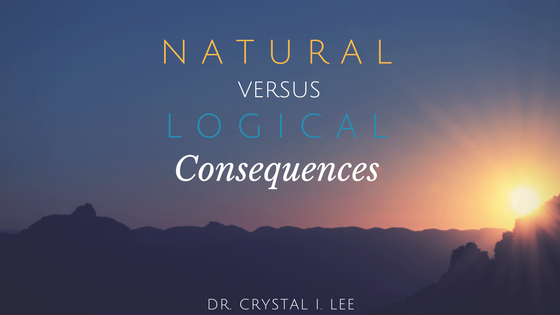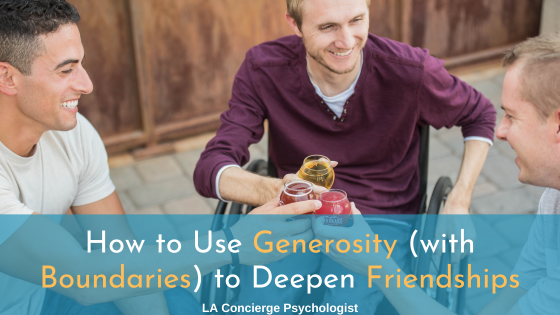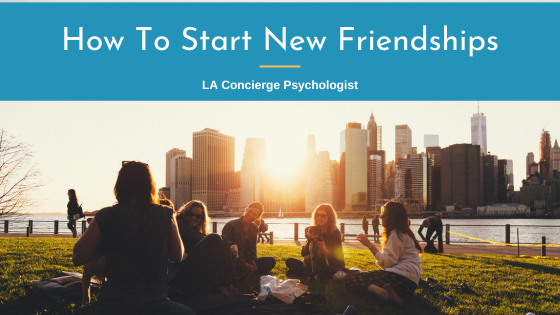
You may have read my previous article about shifting from a punishment mindset to a learning mindset. In it, I talk about the benefits of parenting from a learning mindset. I share about the power of using logical consequences. However, in that article, I didn’t talk about natural consequences, which are another powerful tool for learning.
Natural and logical consequences result from choices people make about their behavior. One set of behavior can lead to positive consequences. Another set of behavior may lead to unpleasant consequences. In this way, people control what consequence they receive by choosing what behavior to engage in. Parents help their children learn from their behavior by allowing their children to experience whatever consequence their behavior results in. When helping a child learn from his or her actions, it’s best to use natural or logical consequences.
What are Natural Consequences?
Natural consequences occur naturally in a cause-effect relationship. They are the results that inevitably happen because of a person’s actions. The consequences are not administered by an outside force (e.g., parent), and they are clearly a direct result of the person’s actions.
For example, despite encouraging your teen to save his money, he spends all of his weekly allowance on a new video game. The natural consequence is that he doesn’t have any money left to go to the movies with his friends that weekend. Your son’s choice directly affects the resulting consequence.
What are Logical Consequences?
Logical consequences are the result of a person’s actions but are imposed by an outside force, like a parent. The consequence links directly to the person’s actions but wouldn’t occur unless the parent implements it. The most effective logical consequences relate to the issue at hand and are a teaching tool, not a punishment.
For example, you catch your emerging adult daughter drinking and driving in the car you bought for her. As a result, you take away her car privileges for a minimum of two weeks; she does not have access to her car until she takes her to take an educational class on driving while under the influence.
Should I use Natural or Logical Consequences?
Natural consequences are wonderful because it mimics “real world” circumstances. However, natural consequences are not advisable if the natural consequence
- Can cause serious physical harm (e.g., driving under the influence)
- Is too far in the future that there’s no real connection to it (e.g., teen not doing their homework, which results in possibly not getting into their college of choice)
- Affects others more than your child (e.g., your emerging adult keeps denting your car when he borrows it)
In those cases, implement logical consequences to provide better learning opportunities and to keep others from being negatively affected.
Still not sure how to implement natural or logical consequences with your teen or emerging adult? Send us a message or book a free 20 minute consultation call with Dr. Barajas or Dr. Goldman.



